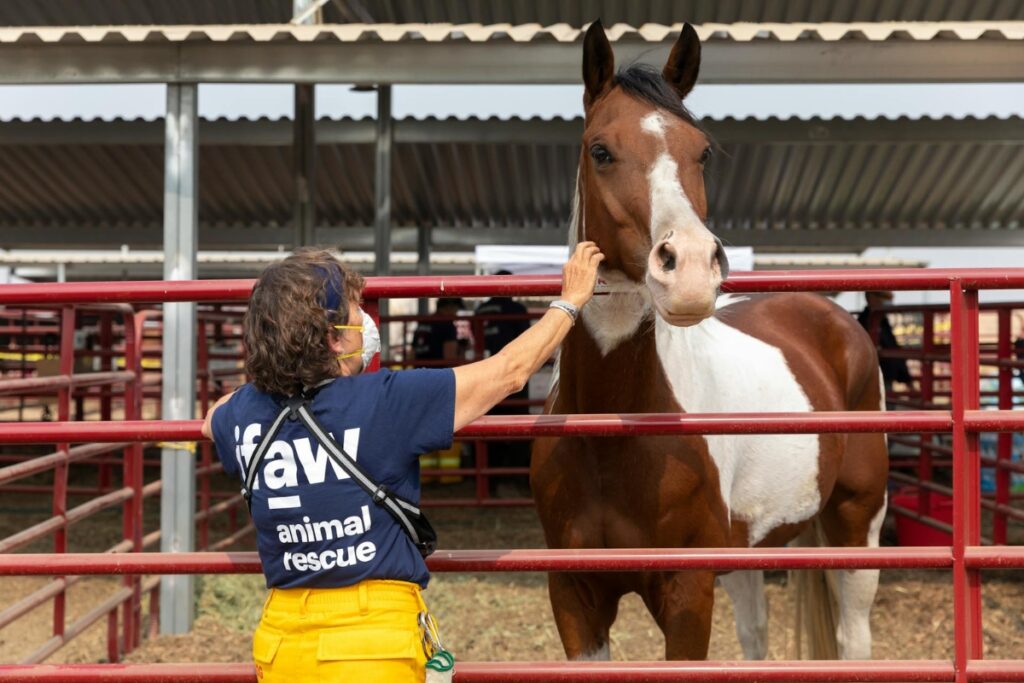
In the world of veganism, moral consistency is often at the forefront of any discussion. Many vegans aim to minimize harm and exploitation of animals in every part of their lives, from their diet to their clothes. But one question that often divides the vegan community is the ethics of pet ownership.
While some argue that taking in a pet, especially one from a breeder, is inherently exploitative, others believe that responsible pet ownership, especially through adoption or rescue, can align with vegan principles. This dilemma challenges our definitions of animal welfare and our ability to make compassionate choices in a complex world.
Is Pet Ownership Consistent With Vegan Values?
To put it very briefly, vegans avoid using animal products to reduce suffering. For many, the goal is to foster a world that respects animals and removes human dominance over them. This philosophy can clash with pet ownership, which places an animal in a position of dependency and, in many cases, confinement. The question then becomes: Can pet ownership ever be ethical under a vegan lens, or does it always reinforce an unequal relationship that contradicts animal liberation?

Critics within the vegan community argue that, even with the best intentions, owning a pet is inherently exploitative. Pets are bred, often in large numbers, to meet human demands, which results in millions of animals without homes or in abusive conditions. The American Society for the Prevention of Cruelty to Animals (ASPCA) estimates that around 6.3 million companion animals enter U.S. shelters each year, many coming from irresponsible breeders.
The Problem With Breeders
The issue of backyard breeders and “puppy mills” is especially concerning for ethical pet ownership. These breeders frequently prioritize profit over animal welfare, leading to deplorable living conditions for animals, with many bred in overcrowded, unsanitary spaces. Even so-called “reputable” breeders contribute to the overpopulation problem by producing more animals when shelters are already overflowing.

Adopting or rescuing animals instead of purchasing them from breeders is a more compassionate choice that can align with vegan values. Animal shelters provide homes for animals who have been abandoned, abused, or neglected, and by adopting from these organizations, we can actively participate in reducing suffering rather than contributing to it. As one vegan Redditor points out, “Why breed animals into existence when we have so many that need saving?”
Rescuing As An Act Of Compassion
For those of us who want to bring an animal into their lives, adoption or rescue can be a solution that mitigates ethical concerns. When you adopt, you give a homeless animal a second chance in a safe, loving environment. Adoption aligns closely with vegan ethics because it reduces the demand for breeders and helps animals who might otherwise face euthanasia. Many shelters save animals that would otherwise be left on the streets, exposed to harm, disease, and hunger.

But even adoption isn’t without its ethical considerations. Some animals, particularly dogs and cats, have diets that may not align well with a vegan household. However, with proper planning, it is possible to meet their nutritional needs responsibly. For instance, some dogs can thrive on a carefully managed vegan diet, but cats require meat due to their biological makeup. Finding a sustainable and ethical way to feed your pets, especially through ethically sourced foods, can reduce the moral conflict here.
Being An Ethical And Responsible Pet Owner
For many vegans, the dilemma of owning a pet can be reconciled if they approach it with intention and responsibility. Ethical pet ownership extends beyond just adopting a pet; it also includes ensuring they receive proper care, medical attention, and mental stimulation. Treating pets as family members rather than property can also reinforce the principle of animal welfare, even within the framework of ownership.

Advocating for change in animal welfare policies and promoting the adoption of stray or abandoned animals can be powerful ways to address the overpopulation issue at a systemic level. Organizations like the ASPCA and the Humane Society work tirelessly to combat unethical breeding practices and advocate for more robust protections for companion animals. Supporting these organizations through donations or volunteer work can further align pet ownership with the motivations behind a vegan lifestyle.
A Balancing Act Of Compassion
Owning a pet as a vegan may seem contradictory at first glance, but with responsible choices, it can reflect an act of compassion rather than exploitation. By choosing to adopt rather than buy from breeders, vegans can take a stance against exploitative industries and help reduce the suffering of countless animals. The goal of veganism, at its core, is compassion and respect for all beings. When approached thoughtfully, pet ownership can honor that principle, providing a safe, loving home for animals who need it most.







